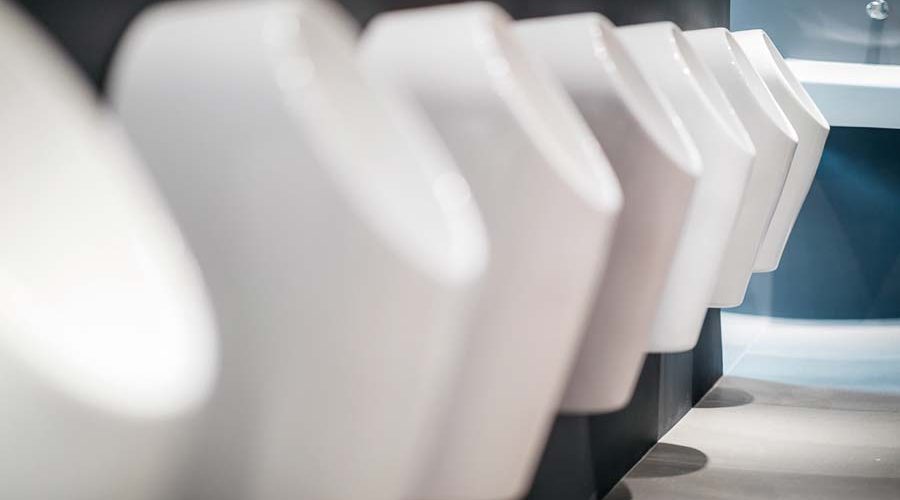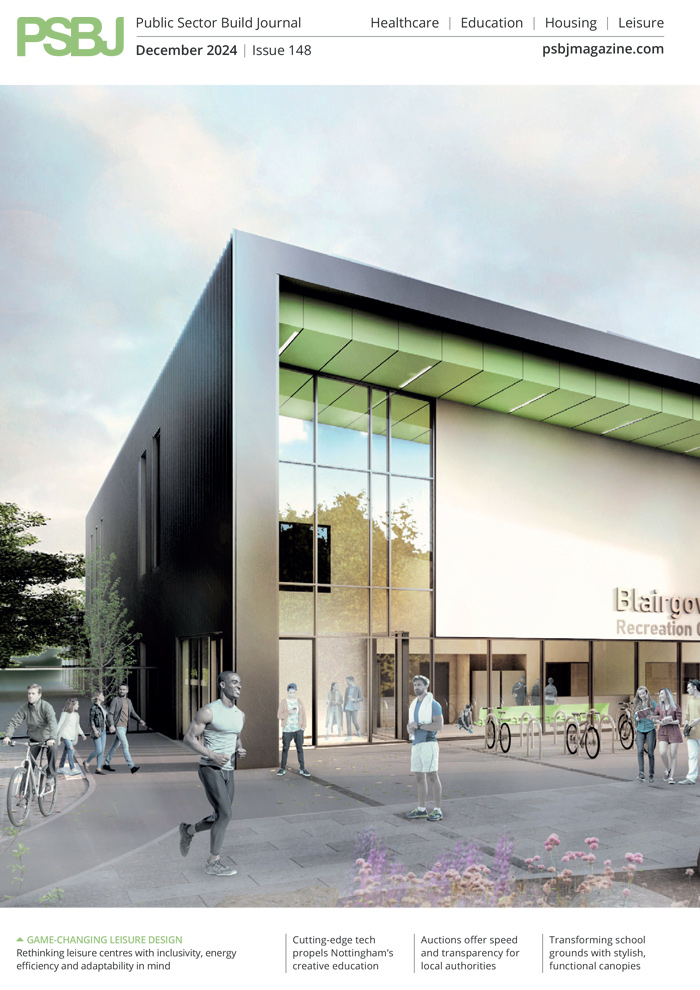There is no question that the coronavirus pandemic has temporarily changed the way we do business. There has been a renewed focus on working from home, but that doesn’t mean the future design of our office spaces is any less important. We may even come to view these environments and our own state of wellbeing with a new-found appreciation, says Anil Madan, Marketing Communications Manager – Specification – at Armitage Shanks.
Armitage Shanks
With this in mind, it’s important that designers and architects prioritise end-user wellbeing in the years ahead. When it comes to washrooms, there is some useful insight and data available that will allow these professionals to do just that.
The ‘Creating Better Washrooms’ whitepaper from Armitage Shanks is available as a free resource which is packed full of useful data to help with the design of these spaces. The study surveyed 2000 office workers and 400 commercial washroom designers from across Europe on a range of topics, including wellbeing, gender, sustainability, technology and social media. This data was then compared with global studies to outline how designers can deliver more effective and impactful spaces that meet the needs of end-users – now and in the future – in light of changing work-life patterns, demographics and technological innovation.
The report revealed that wellbeing is the number one social factor that designers think will impact washroom design over the next five years. It found that nine in 10 office washroom designers believe this space can have an impact on end-users’ wellbeing – a view that is shared by three-quarters of office workers themselves. 64% of office workers even said that workplace washrooms affect their general job satisfaction.
The findings of the report demonstrate a strong link between commercial washrooms and employee health and wellbeing – an increasingly vital asset for organisations looking to attract and retain the best employees and improve their brand image.
However, in the UK, around 73% of designers agreed that washrooms are the most difficult rooms to design and plan in commercial projects. When comparing designers’ and end-users’ priorities, the study also found that, while there are broad similarities, end-users’ rate aspects such as privacy and space more highly than designers think. With these discrepancies and others in the report’s findings being known, it’s vital that these design professionals make the most of the insight available to them and create with the end-user in mind.
If you’re looking for something interesting to read, which will give you some cutting-edge insight into end-user requirements, download the full and free ‘Creating better washrooms’ report, by visiting the below website.








